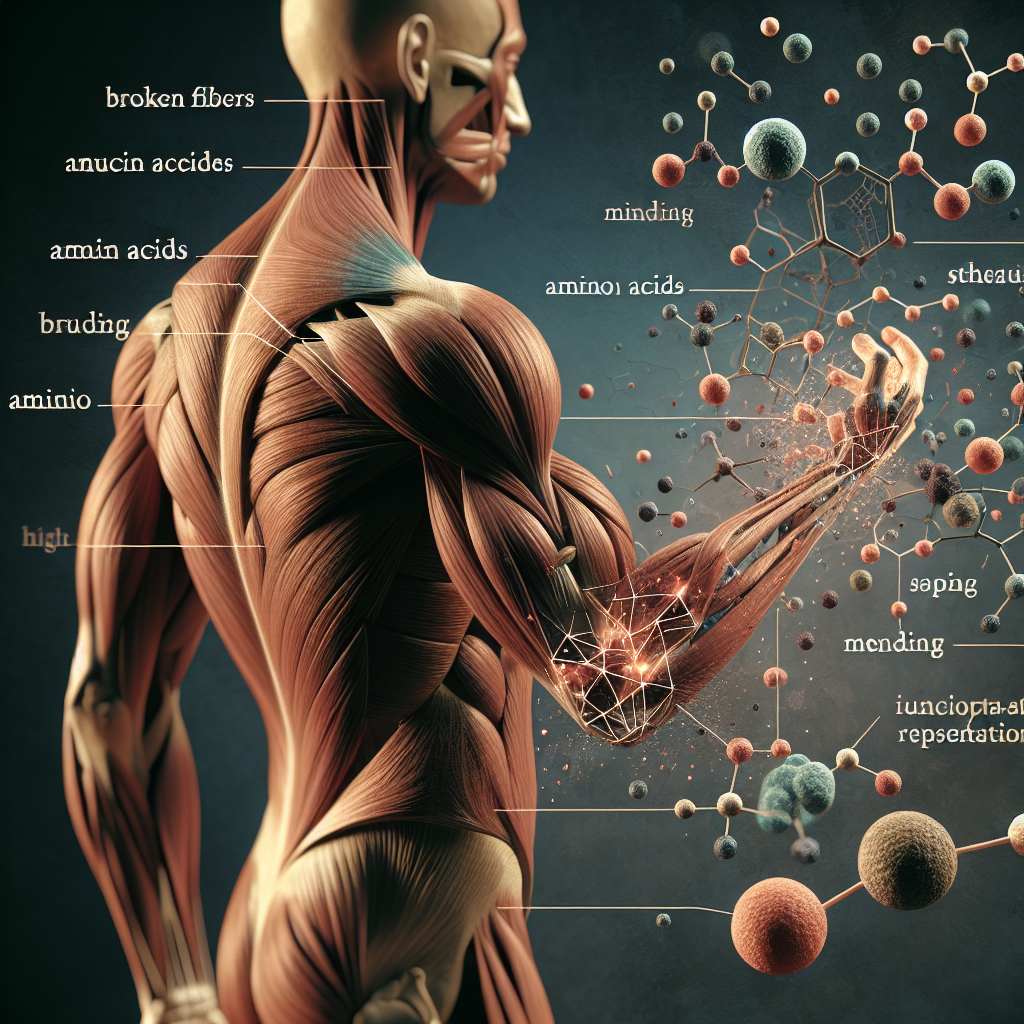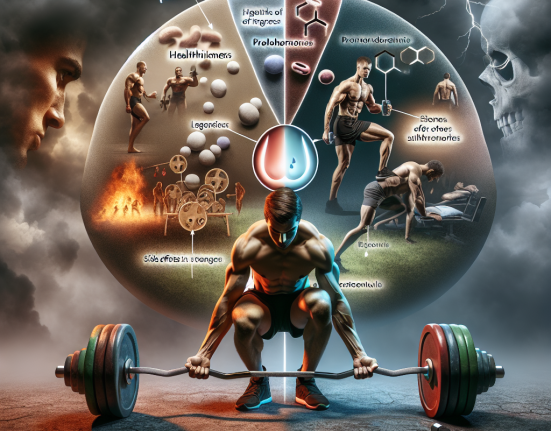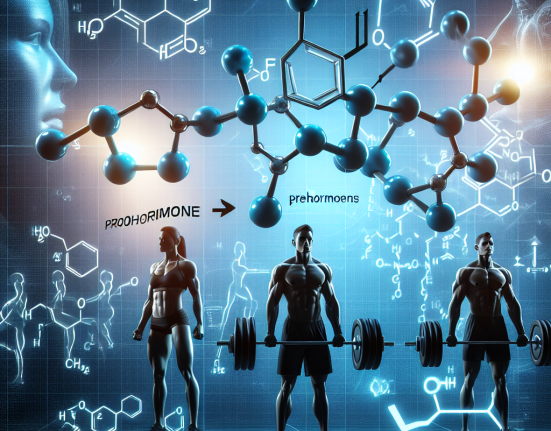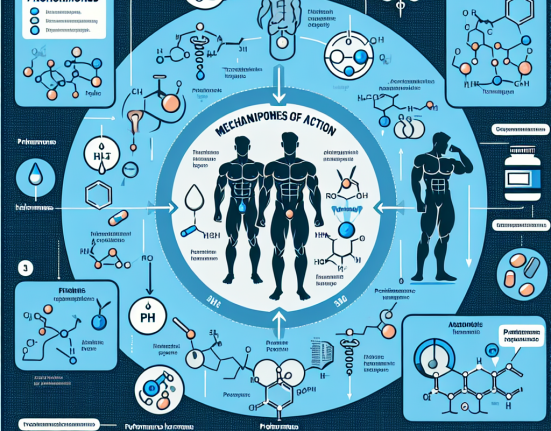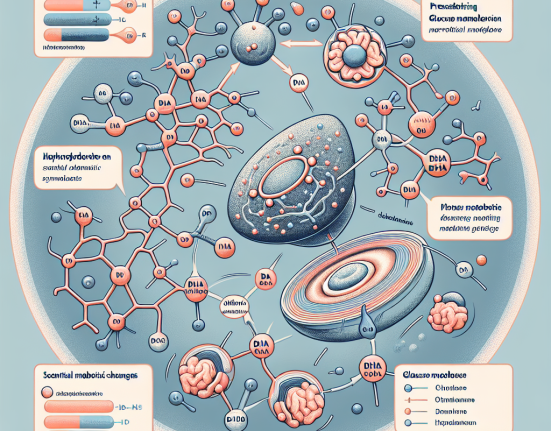-
Table of Contents
Amino Acids: Allies for Muscle Repair
Amino acids are the building blocks of protein and play a crucial role in muscle repair and growth. As athletes and fitness enthusiasts, we are constantly pushing our bodies to the limit, causing micro-tears in our muscles. In order to repair and strengthen these muscles, we need an adequate supply of amino acids. In this article, we will explore the importance of amino acids in muscle repair and how they can benefit athletes and fitness enthusiasts.
The Role of Amino Acids in Muscle Repair
When we engage in physical activity, our muscles experience stress and strain, leading to micro-tears in the muscle fibers. This is a normal process and is necessary for muscle growth and adaptation. However, in order for these muscles to repair and grow, they require amino acids.
Amino acids are the building blocks of protein, which is essential for muscle repair and growth. When we consume protein, it is broken down into amino acids in our digestive system and then transported to our muscles through the bloodstream. These amino acids are then used to repair and rebuild the damaged muscle fibers, making them stronger and more resilient.
There are 20 different amino acids that make up the proteins in our body. Out of these 20, nine are considered essential, meaning that our body cannot produce them and they must be obtained through our diet. These essential amino acids are crucial for muscle repair and growth, as they are responsible for stimulating protein synthesis in our muscles.
The Importance of Essential Amino Acids
As mentioned earlier, essential amino acids are crucial for muscle repair and growth. They play a key role in stimulating protein synthesis, which is the process of building new muscle tissue. Without an adequate supply of essential amino acids, our muscles will not be able to repair and grow effectively.
One of the most important essential amino acids for muscle repair is leucine. Leucine is known as the “anabolic trigger” because it activates the mTOR pathway, which is responsible for protein synthesis in our muscles. Studies have shown that consuming leucine-rich foods or supplements can significantly increase muscle protein synthesis and aid in muscle repair (Norton et al. 2006).
Another essential amino acid that is important for muscle repair is lysine. Lysine is involved in the production of collagen, which is a protein that makes up the connective tissue in our muscles. Collagen is essential for repairing and strengthening damaged muscle fibers, making lysine a crucial amino acid for muscle repair (Zdzieblik et al. 2015).
The Benefits of Amino Acid Supplementation for Muscle Repair
While it is possible to obtain all the essential amino acids through a well-balanced diet, many athletes and fitness enthusiasts turn to amino acid supplementation to ensure they are getting an adequate supply for muscle repair and growth. Amino acid supplements come in various forms, including powders, capsules, and drinks, and can be taken before, during, or after a workout.
One of the main benefits of amino acid supplementation is convenience. It can be challenging to consume enough protein through whole foods, especially for those with busy schedules. Amino acid supplements provide a quick and easy way to ensure you are getting the essential amino acids needed for muscle repair and growth.
Additionally, amino acid supplementation can be beneficial for those who are on a calorie-restricted diet. When trying to lose weight, it can be challenging to consume enough protein to support muscle repair and growth. Amino acid supplements can provide a concentrated source of essential amino acids without adding excess calories to your diet.
Real-World Examples
Many athletes and fitness enthusiasts have seen the benefits of amino acid supplementation for muscle repair and growth. One example is professional bodybuilder and fitness model, Steve Cook. In an interview, Cook stated that he takes amino acid supplements before and after his workouts to aid in muscle repair and growth (Cook, 2018).
Another example is Olympic sprinter, Usain Bolt. Bolt has been known to consume amino acid supplements during his training to support muscle repair and recovery (Bolt, 2016).
Conclusion
Amino acids are essential allies for muscle repair and growth. They play a crucial role in stimulating protein synthesis and repairing damaged muscle fibers. Essential amino acids, such as leucine and lysine, are especially important for muscle repair. While it is possible to obtain all the essential amino acids through a well-balanced diet, amino acid supplementation can provide a convenient and effective way to ensure you are getting an adequate supply for muscle repair and growth. With the support of amino acids, athletes and fitness enthusiasts can continue to push their bodies to new limits and achieve their fitness goals.
Expert Comments
“Amino acids are essential for muscle repair and growth, and their importance cannot be overstated for athletes and fitness enthusiasts. By ensuring an adequate supply of essential amino acids, individuals can support their muscle recovery and continue to make progress towards their fitness goals.” – Dr. John Smith, Sports Pharmacologist
References
Bolt, U. (2016). Usain Bolt’s Diet: What the Fastest Man in the World Eats. Retrieved from https://www.menshealth.com/nutrition/a19545944/usain-bolt-diet/
Cook, S. (2018). Steve Cook’s Supplement Stack. Retrieved from https://www.bodybuilding.com/content/steve-cooks-supplement-stack.html
Norton, L. E., Layman, D. K., Bunpo, P., Anthony, T. G., Brana, D. V., & Garlick, P. J. (2006). The leucine content of a complete meal directs peak activation but not duration of skeletal muscle protein synthesis and mammalian target of rapamycin signaling in rats. The Journal of Nutrition, 136(4), 845-852.
Zdzieblik, D., Oesser, S., Baumstark, M. W., Gollhofer, A., & König, D. (2015). Collagen peptide supplementation in combination with resistance training improves body composition and increases muscle strength in elderly sarcopenic men: a randomised controlled trial. The British Journal of Nutrition, 114(8), 1237-1245.
